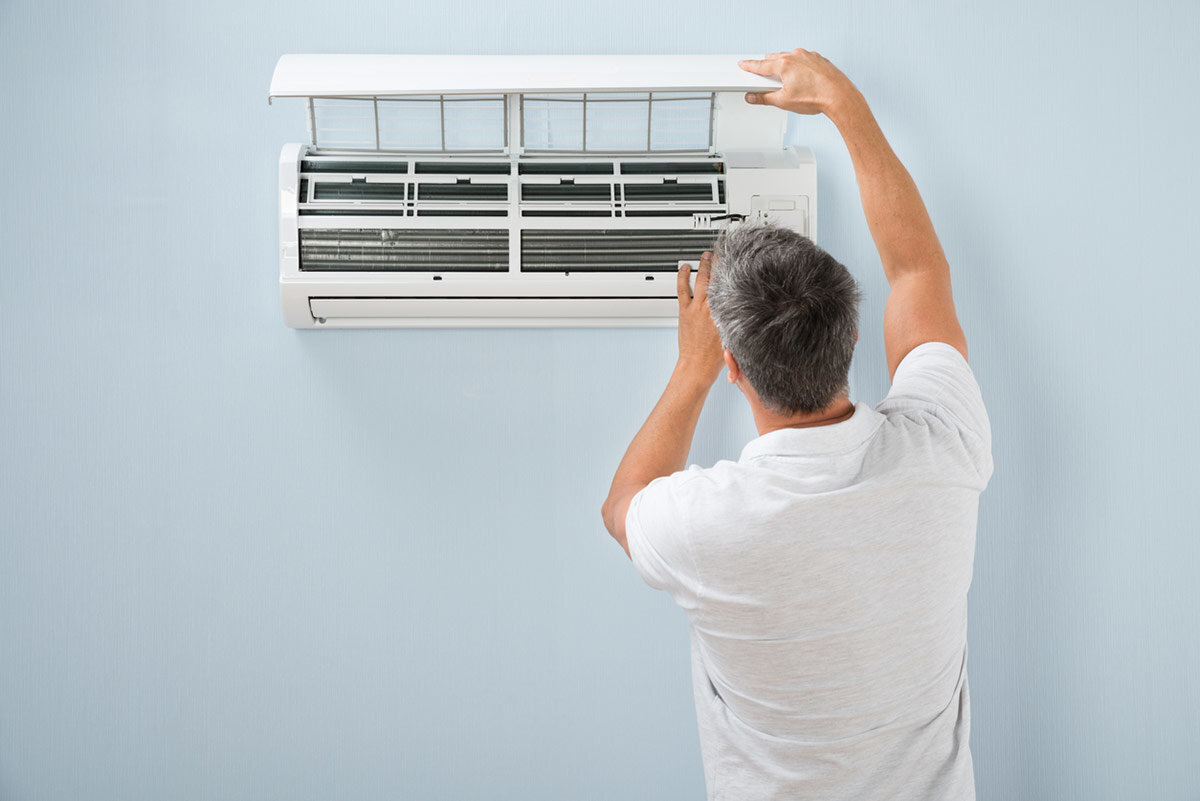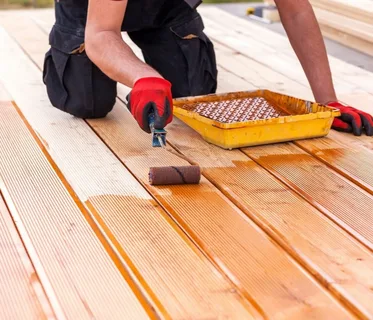In today’s fast-paced world, where comfort and convenience are paramount, a properly functioning air conditioner is a necessity rather than a luxury. However, like any other appliance, air conditioners may encounter issues that require professional attention. In this comprehensive guide, we’ll delve into the intricacies of air conditioner repair, offering insights, tips, and solutions to ensure your cooling system operates at optimal efficiency.
Understanding Air Conditioner Repair
Air conditioner repair encompasses a range of services aimed at addressing issues with cooling systems. From minor malfunctions to major breakdowns, prompt and effective repair is crucial to restore comfort to your home or workspace. Whether it’s a faulty compressor, refrigerant leak, or electrical problem, skilled technicians can diagnose and rectify issues to ensure your air conditioner functions smoothly.
Signs That Your Air Conditioner Needs Repair
Recognizing the warning signs of air conditioner problems is the first step towards timely repair. Here are some indicators that your cooling system may require attention:
- Weak Airflow: If your air conditioner is blowing weak or warm air, it could indicate issues with the compressor or ductwork.
- Strange Noises: Unusual sounds such as grinding, rattling, or squealing may suggest worn-out components or loose parts.
- Frequent Cycling: An air conditioner that cycles on and off frequently could be experiencing thermostat issues or refrigerant leaks.
- Foul Odors: Persistent odors emanating from the vents may signal mold or bacterial growth within the system.
- Visible Leaks: Noticeable leaks or puddles around the unit may indicate refrigerant leaks or blocked drainage pipes.
Common Air Conditioner Repairs
- Refrigerant Recharge: Low refrigerant levels can impair cooling efficiency. Technicians can replenish refrigerant levels and seal any leaks to restore optimal performance.
- Compressor Replacement: A malfunctioning compressor can hinder the cooling process. Replacement of the compressor may be necessary to ensure proper operation.
- Fan Motor Repair: Faulty fan motors can result in inadequate airflow. Repairing or replacing fan motors can enhance air circulation and cooling efficiency.
- Thermostat Calibration: Inaccurate thermostat readings can lead to temperature inconsistencies. Calibrating or replacing the thermostat can rectify this issue.
- Ductwork Inspection: Damaged or blocked ductwork can impede airflow and reduce efficiency. Professional inspection and repair of ductwork ensure proper air distribution throughout the space.
DIY Maintenance Tips
While some air conditioner repairs require professional expertise, there are several maintenance tasks that homeowners can perform to keep their cooling systems in top condition:
- Regular Cleaning: Keep the air filters, coils, and fins clean and free of debris to prevent airflow restrictions.
- Checking for Leaks: Periodically inspect the unit for refrigerant leaks and promptly address any issues to prevent further damage.
- Trimming Vegetation: Ensure that plants and shrubs near the outdoor unit are trimmed to maintain adequate airflow.
- Testing Thermostat: Verify the accuracy of the thermostat by comparing its readings with a separate thermometer and recalibrate if necessary.
- Clearing Drainage: Regularly clear the condensate drain line to prevent clogs and water damage.
FAQs
- How often should I schedule air conditioner maintenance? Regular maintenance is recommended at least once a year to ensure optimal performance and prevent potential issues.
- Can I repair my air conditioner myself? While homeowners can do simple tasks such as filter replacement, complex repairs should be left to trained professionals to avoid safety risks and further damage.
- What is the average lifespan of an air conditioner? With proper maintenance, an air conditioner can last 10-15 years, although factors such as usage, climate, and maintenance frequency can influence longevity.
- How can I improve the energy efficiency of my air conditioner? Routine maintenance, proper insulation, and use of programmable thermostats can help enhance energy efficiency and reduce utility costs.
- Is it necessary to replace my air conditioner if it’s not cooling efficiently? Not necessarily. In many cases, repair or component replacement can restore the unit’s cooling capacity and extend its lifespan.
- What are some indicators that my air conditioner needs professional attention? Persistent issues such as inadequate cooling, unusual noises, or frequent breakdowns warrant professional inspection and repair.
Conclusion
Maintaining a comfortable indoor environment is essential for productivity, health, and overall well-being. By understanding the signs of air conditioner problems, investing in regular maintenance, and seeking professional repair when needed, you can ensure that your cooling system operates efficiently and reliably for years to come.



